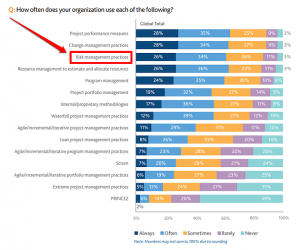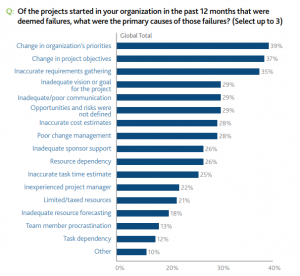New Restrictions on International Shipping to Thwart Illegal Trafficking
2021 continues to make an impression early on, and the first month of the year hasn’t even been reached yet as of the writing of this article. Folks in shipping came out of New Year’s Day hearing the news from the U.S. Postal Service and similar federal agencies highlighting new disruptions to international shipping folks should be expecting. With a focus on shutting down illegal trafficking of all types, from drugs to counterfeit goods and everything in between, the new impacts are expected to affect goods from over 180 countries shipping to the U.S.
Not Entirely Off the Radar
The driving force is not a brand new law on the books. The 2018 Synthetics Trafficking and Overdose Prevention Act or STOP was passed and has been in place for a while, but its international shipping effective date hit this January 1, 2021, reminding everyone in the logistics world that the new law was sitting out there as a delayed change. Officially associated with efforts to shut down the opioid epidemic that was in full swing in the U.S., the STOP law has the potential to be applied across a number of industries versus just pharmaceuticals shipped into the U.S.
Even the best international shipping companies with stellar reputations are going to be caught up in the STOP net as the newly-effective law applies to any and all international packages being screened prior to U.S. entry. This is not a new issue for heavy individual item shippers like FedEx, UPS, and DHL, but it is a major gamechanger for many other shipping companies that move larger manifests, particularly container-size shipping and pallet lots.
Mixed Impacts Will Occur Based on Country of Origin
Fortunately, a number of countries that work closely with the U.S. ports were proactive and instituted shipping rules on their departure side to make sure exporters and shippers were already in compliance with the changes required under STOP. However, there is still a wide swath of companies in other locations who have been entirely on their own and will now realize their packages being actively stopped at U.S. port entry without the requisite data and manifest information being provided upfront for inspection. This definitely has the potential to stymie a significant amount of individual packaging being mailed as well as larger shipment lots being delayed until corrected which goods sit stuck in port limbo.
Data Analytics Will be Essential
The STOP Act has definitely served its original intent already, reducing synthetic opioids illegal trafficking through domestic shipping by 70 to 90 plus percent by 2020. However, international synthetic goods are also going to be caught now in the same net, with multiple federal agencies’ involvement ramping up numbers and packaging rejection potential. The original interdiction was manual, oftentimes utilizing canine teams to quickly find issues physically. Now, data analytics are to be applied heavily, expanding the reach of the STOP Act application into a far broader reach towards multiple industries that ship. In short, advanced data and manifests will be essential for international shipping success on a transactional basis.
Sponsored by Craters & Freighters
An Industry Leader, with over 65+ brick-and-mortar locations across the country leveraging the best technology to provide worldwide support and logistics, Craters & Freighters is a national powerhouse with local accountability.
(23)
Report Post







